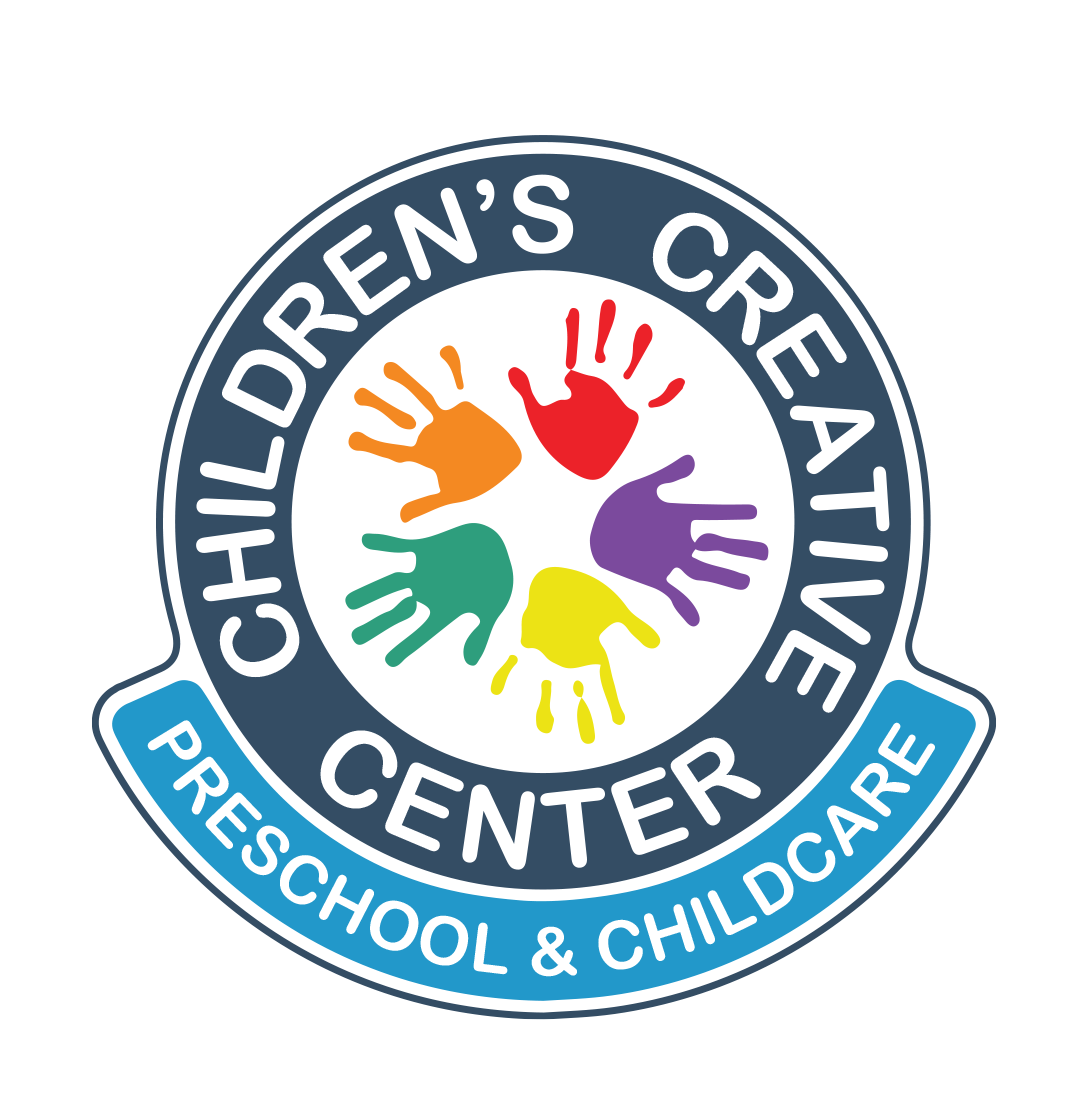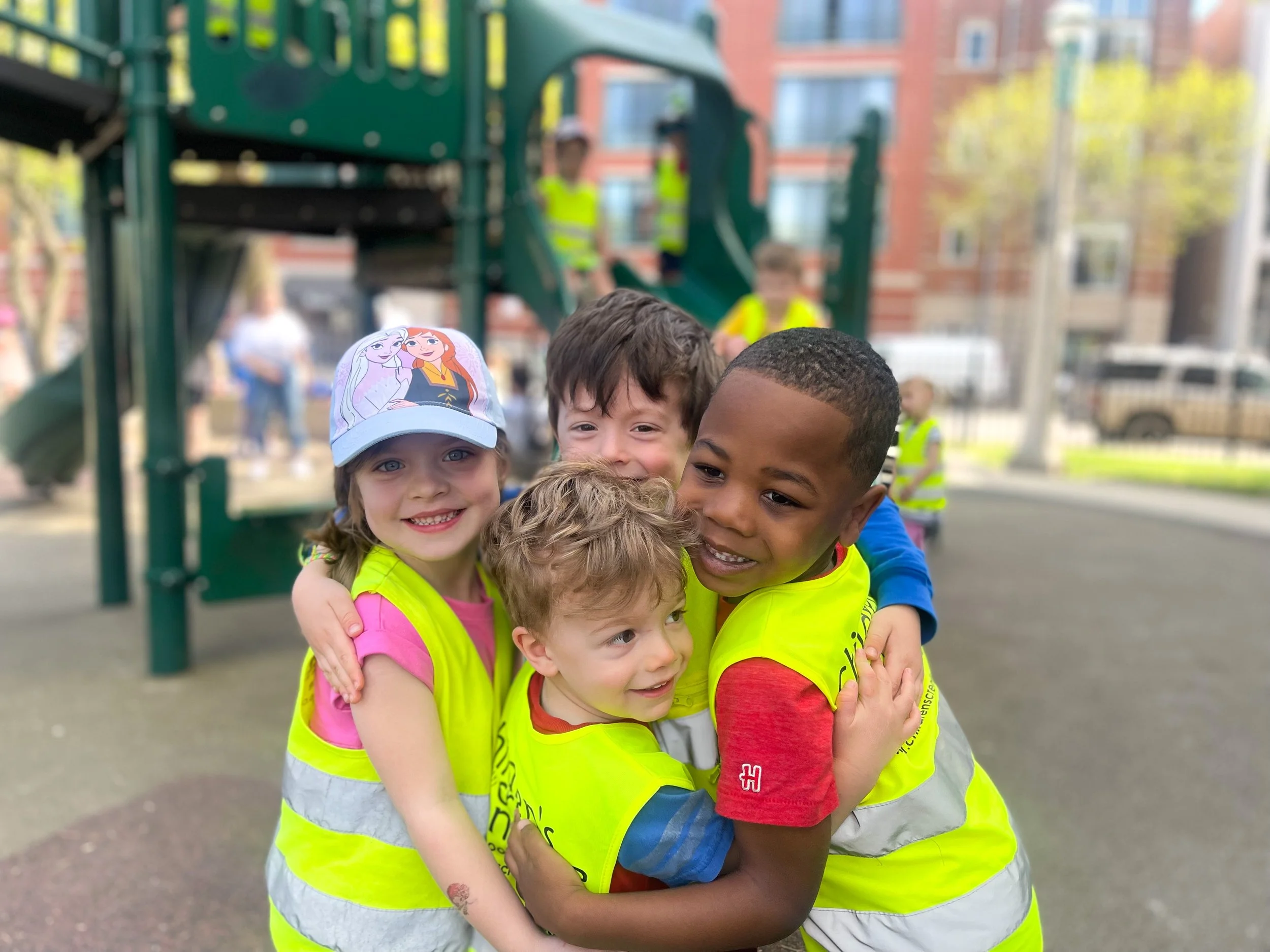Why Preschool Matters
Written by: Ms. Carmen, Director of Children’s Creative Center
In early childhood education, preschool is a major educational setting that impacts a child's overall development for years to come. While some may believe preschool is the start of formal education, it is important to note that preschool classrooms go beyond just education. It is important to foster holistic growth and prepare children for real-world situations. With a focus on social, emotional, cognitive, and physical development, preschool and childcare play a vital role in shaping a child's future.
Setting the Stage for Social and Emotional Growth:
Preschool is the perfect opportunity for young children to engage in structured social settings. Teachers can have children work through collaborative activities with their peers in a classroom setting. Children are allowed to practice skills like sharing and communication. Most importantly, children learn to build relationships with their peers. These interactions in the classroom help children foster empathy, cooperation, and conflict resolution. When navigating group dynamics and understanding their emotions, children develop social skills that benefit them throughout their lives.
How To Cultivating Cognitive and Academic Skills:
The preschool environment empowers cognitive development through various activities that encourage exploration, curiosity, and critical thinking. Children can develop cognitive skills that lay the groundwork for future academic success by engaging in age-appropriate activities. Exposure to structured learning at an early age also works to help develop concentration, memory, and attention span, essential to the education setting they will experience.
Through our Project-Based Curriculum, students engage in hands-on projects that transcend individual subjects, fostering academic growth and vital skills in critical thinking and collaboration. As they experience their learning through hands-on lessons, they understand how knowledge can be applied to practical situations, developing problem-solving abilities.
Promoting Language and Communication Abilities:
Preschool can be considered a language center where children are exposed to various verbal and non-verbal language forms. Having a place that is a communication-rich environment encourages language development. Children learn to expand their vocabulary through enriching activities and social environments. While in a preschool setting, children can also practice and refine their communication skills with their peers and teachers. Children learn to express themselves confidently, articulate their thoughts, and engage in meaningful conversations.
Recently, in our preschool classroom, I overheard a child express their thoughts about their environment being too overwhelming. The child expressed that the dance party everyone was participating in was “too much” and that they “need space.” These early language experiences help children learn how to effectively communicate in all social settings and help them master language proficiency and literacy skills.
Fostering Physical and Motor Skill Development:
Physical development is another crucial aspect of preschool education. Children enhance their fine and gross motor skills, coordination, and spatial awareness through purposeful play and structured activities. Engaging in physical exercises and outdoor play promotes a healthy lifestyle and helps promote an early appreciation for physical well-being. These experiences contribute to a child's overall development and establish a positive attitude toward physical activity and wellness that can carry into adulthood.
Fine motor skills are a major part of everyday life in the preschool room. Children are working on mastering their skills by teachers integrating fine motor skills into the lesson plan. They are refining their fine motor skills when coloring, practicing hand-eye coordination while making friendship bracelets, or even putting on their mittens.
In our school, park time is a coveted time for the children to let out energy and be free to move their bodies in new ways. Our teachers work to include physical health and wellness in everyday lessons. A key part of our day is preparing the body for learning in circle time with morning yoga. Physical exercise is a great way to promote self-regulation and positive behavior and help the mind focus.
Our role as educators is to ensure that when your child steps into preschool classrooms, they feel safe enough and loved enough they are ready to jump into their day, explore their curious mind, and learn to love learning. By encouraging curiosity and a growth mindset, preschool prepares children to embrace challenges and new experiences confidently. The skills and attitudes cultivated in preschool lay the foundation for future academic achievements and a lifelong pursuit of knowledge and personal development.



